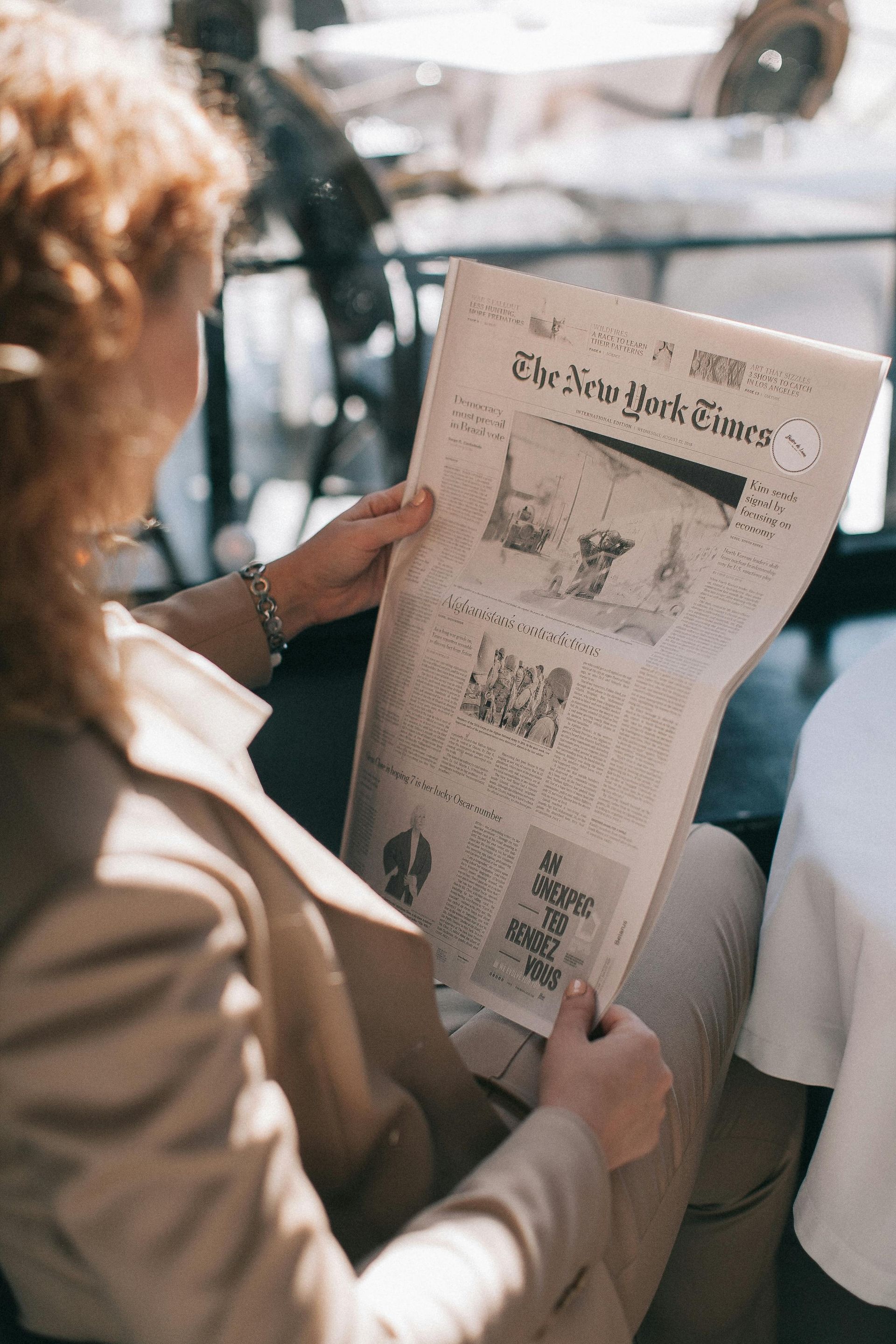Davidson College Republican and Davidson College Libertarian Presidents: We stand for free speech at Davidson
By Gabriel Russ-Nachamie ’27 and Stephen Walker ’26
The Davidsonian
March 19, 2025
Davidson’s public commitment to free expression is admirable, but recent anti-speech actions by the College contradict its guarantees to students and set dangerous pro-censorship precedents. This paradox threatens to stifle the open discourse we as a community all grow and benefit from.
For context, a 2021 press release announcing Davidson’s commitment to freedom of expression states the College intends “to build a culture where everyone can participate and be heard” and acknowledges that “freedom of expression can’t exist when some people are barred from the conversation” solely on account of allegations that their speech is seen as wrong or offensive. Davidson’s pledge in the free expression statement itself commits the College to upholding protections of student expression for all because “Dissenting voices cannot and should not be censored.” Recent actions against the College Young Americans for Freedom (YAF) chapter and its president, Cynthia Huang ‘25, threaten to undo these efforts in ways harmful to each and every one of us.
In a letter published by YAF’s Davidson chapter, the College accused Huang of “Harassment” for publishing political content online and distributing pamphlets that “allegedly includes misinformation” promoting “Islamophobia” and “Transphobia” that made students report feeling “threatened and unsafe on campus.” Davidson offered to “resolve” the matter by forcing Huang to either admit responsibility for the alleged violation and agree to an “Accountability Plan” demanding action to avoid further sanction or a “Code of Responsibility Council Hearing,” which is reserved for actions constituting “serious prohibited conduct in a single incident or a persistent pattern of less severe prohibited conduct,” according to Davidson’s student handbook.
The content that triggered this response was political material responding to ideas and policies the YAF chapter disagreed with. It is wrong to classify disagreement as harassment simply because the disagreement “offended” students. The content in question was meant to spark discourse surrounding certain political policies and ideologies. According to Davidson’s own standards, this content should be protected speech.
The content that Huang faces potential sanctions for did not explicitly or implicitly promote any action against specific people or groups on account of their identities. For example, the pamphlet from YAF notes the link between Islamic fundamentalist theology and Hamas. However, this is not “Islamophobic” but a historical and scholarly argument about justifications of violence that rely upon religious interpretations. In fact, Hamas is an acronym that stands for the “Islamic Resistance Movement” and the group uses Islamic theology to justify their actions. Discussing the impact of religion on violence, whether it be Christianity, Judaism, or Islam, is protected speech and not bigotry. The club did not in any way target students and the material was freely available for anyone to engage with or ignore. Serious political disagreement on issues always has and will continue to offend individuals who dislike competing opinions. However, a small group of students being “offended” never justifies institutional backlash against political speech.
We are not the only individuals or groups concerned about this restriction on speech. The Foundation for Individual Rights and Expression (FIRE), a nonpartisan national organization dedicated to protecting free speech for all Americans, recently sent a letter to President Doug Hicks ‘90. FIRE urged Davidson to drop the charges against the YAF chapter and change its policies to align with the Chicago Principles of free speech, commonly known as the Chicago Statement which Davidson has allegedly committed to upholding.
Adjudicative bodies should not base their decisions purely on perceptions motivated by personal feelings and biases. These actions by the college against YAF risk violating Davidson’s commitment to ensuring free speech and robust debate among students. No threats or harassment against students were included in YAF’s content, and anybody who does not like what they have to say is not being forced to engage with their content in any way. The only discernible motivation for going forward with sanctions is that YAF is a political minority that has questioned political orthodoxies in a way that is upsetting to others. The College’s Commitment to Freedom of Expression was made to protect this type of conduct. The Commitment directly states, “Davidson College’s fundamental commitment is to the principle that debate, discussion, and deliberation may not be suppressed because the ideas put forth are thought by some or even most members of the college community to be offensive or unwise.” Sanctioning YAF for political arguments violates our rights as students and has dangerous implications.
The aforementioned press release announcing Davidson’s commitment identifies “self-censorship” as a problem for Davidson and a motivator for its creation of the Commitment to Freedom of Expression statement. When students see that the only person who has spoken out against the majority in a political debate is facing sanctions because others did not like the content that student shared, said administrative action sends a message that dissent is unacceptable. This potentially triggers more self-censorship among all those who may disagree with this and countless other political ideas.
As the presidents of the Davidson College Republicans and the Davidson College Libertarians, we stand for the free speech rights of all Davidson students. As a leading liberal arts school receiving taxpayer dollars, Davidson has publicly committed itself to upholding free speech rights for students and faculty. We call on the College to uphold its proclaimed principles and reject punishing students and political clubs for speech that some might disagree with or find offensive. We call on the College administration to change the Code of Responsibility to align with the Chicago Statement, as FIRE argued is crucial for Davidson in its letter to President Hicks.
Finally, we firmly reject the anti-intellectual, adolescent mindset that has motivated the support for YAF’s censorship. Unwillingness to coexist with peers you may disagree with is unbecoming of students at such a prestigious institution like Davidson. You can’t take away your peers’ rights just because people’s feelings are hurt.
Gabriel Russ-Nachamie ‘27 is an economics and mathematics double major from Lincolnton, NC and can be reached for comment at garussnachamie@davidson.edu.
Stephen Walker ‘26 is a political science and English double major from Philadelphia, PA and can be reached for comment at stwalker@davidson.edu.
https://thedavidsonian.news/1063/perspectives/davidson-college-republican-and-davidson-college-libertarian-presidents-we-stand-for-free-speech-at-davidson/



